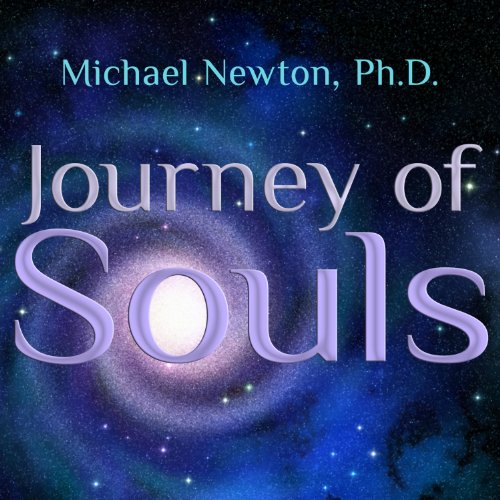In the mystical realms of spirituality, the concept of reincarnation has fascinated and intrigued humanity for centuries. This article delves into the intriguing phenomenon of the “Law of Reincarnation,” exploring its origins, core principles, and the profound implications it holds for individuals and societies. Join us on a journey through time as we unravel the mysteries of this ancient spiritual doctrine.
Understanding Reincarnation
1. The Ancient Origins
Reincarnation is not a recent idea; its roots can be traced back to ancient civilizations such as those of Egypt, India, and Greece. These cultures espoused the belief that after death, a soul returns to inhabit a new physical form. The underlying notion is that each life offers valuable lessons and opportunities for spiritual growth.
2. The Cycle of Birth and Rebirth
At the core of the Law of Reincarnation lies the concept of a cyclical journey. Souls are said to undergo multiple lifetimes, each one serving as a chance to evolve, learn, and purify themselves. The cycle continues until the soul attains a state of spiritual enlightenment and liberation from the material world.
3. The Influence of Karma
Karma, the law of cause and effect, plays a pivotal role in the process of reincarnation. Positive actions lead to favorable circumstances, while negative deeds result in challenging situations, creating an opportunity for soul growth.
Evidence and Anecdotes
1. Past Life Memories
Numerous accounts of past life memories have been documented, wherein individuals recall vivid details of their supposed past existence. Though often disputed, these anecdotes provide intriguing glimpses into the possibility of past life connections.
2. Birthmarks and Physical Traits
In some cases, individuals are born with birthmarks or physical traits that seemingly align with injuries or features from their past life. While the scientific community remains skeptical, such instances raise questions about the intricate workings of the soul.
3. Regression Therapy
Regression therapy, a therapeutic technique, aims to unlock memories from past lives buried deep within the subconscious mind. Many practitioners and clients report compelling experiences, suggesting that reincarnation might be more than just a myth.
Cultural Perspectives
1. Hinduism and Samsara
In Hinduism, the concept of reincarnation is intertwined with the belief in Samsara, the eternal cycle of birth, death, and rebirth. According to this philosophy, one’s actions in the present life influence the circumstances of the next life, urging individuals to strive for self-improvement and righteous living.
2. Buddhism and Nirvana
Buddhism shares a similar perspective, with reincarnation being an essential aspect of its teachings. However, the ultimate goal is not eternal rebirth, but rather reaching Nirvana, a state of enlightenment and liberation from the cycle of suffering.
3. Western Views and Modern Trends
While reincarnation is deeply rooted in Eastern philosophies, it has also garnered interest in the Western world. Many New Age movements and spiritual communities embrace the idea of past lives as a means of self-discovery and personal growth.
The Implications of Reincarnation
1. Spiritual Growth and Self-Reflection
Belief in reincarnation encourages individuals to reflect on their actions and choices, recognizing that they are responsible for their future destinies. This awareness fosters a sense of personal accountability and the desire to improve oneself.
2. Coping with Loss and Grief
The concept of reincarnation offers solace to those coping with the loss of a loved one. The belief that souls continue their journey beyond physical death provides comfort and hope for eventual reunions.
3. Environmental Awareness
The idea of reincarnation extends beyond human life, encouraging a deeper connection and respect for all living beings. This broader perspective promotes environmental consciousness and the understanding that all life forms are interconnected.
Conclusion
The Law of Reincarnation, a timeless and captivating concept, continues to intrigue and inspire spiritual seekers worldwide. Whether one fully embraces the idea or remains skeptical, the notion of a cyclical journey of souls through time invites us to contemplate the mysteries of life, death, and the boundless possibilities of the human spirit.

